
In an era where home prices continue to soar to astronomical heights, the purchase of a new car often represents one of the most significant financial commitments many Americans will undertake in their lifetime. This reality underscores the critical importance of making an informed decision, especially when countless new models emerge seemingly every week, with the vast majority priced well beyond what the average car buyer can comfortably afford. Thankfully, navigating this complex landscape doesn’t have to mean sacrificing quality or efficiency for affordability, thanks to expert insights from sources like Consumer Reports. These insights reveal that finding a new vehicle under the $30,000 mark – a price point nearly $20,000 cheaper than the average new car – is not only possible but can lead to exceptional value.
Opting for a new car presents several compelling advantages over purchasing a used vehicle, particularly for those operating within a stringent budget. Banks frequently extend more favorable financing rates for new car purchases, making the monthly payments more manageable and potentially more appealing. Beyond the financial incentives, new cars almost universally come equipped with a comprehensive warranty, a crucial benefit that shields buyers from unexpected out-ofpocket repair costs should any issues arise. This combination of lower financing rates and warranty protection makes a new car a surprisingly sensible choice for budget-conscious consumers.
For those who prioritize both initial affordability and long-term savings at the pump, the landscape of hybrid vehicles has undergone a significant transformation. What once seemed an exclusive realm of expensive, cutting-edge technology is now remarkably accessible, with a plethora of hybrids from top-tier automakers available for less than $30,000 MSRP. These vehicles masterfully blend the strengths of traditional gas engines with electric power, delivering impressive ranges, enhanced reliability, and the peace of mind that comes with a robust gas infrastructure. In this curated guide, we delve into six outstanding models that not only start under $30,000 but also deliver exceptional fuel efficiency, often exceeding the 50 MPG mark, making them ideal choices for today’s value-driven buyer.
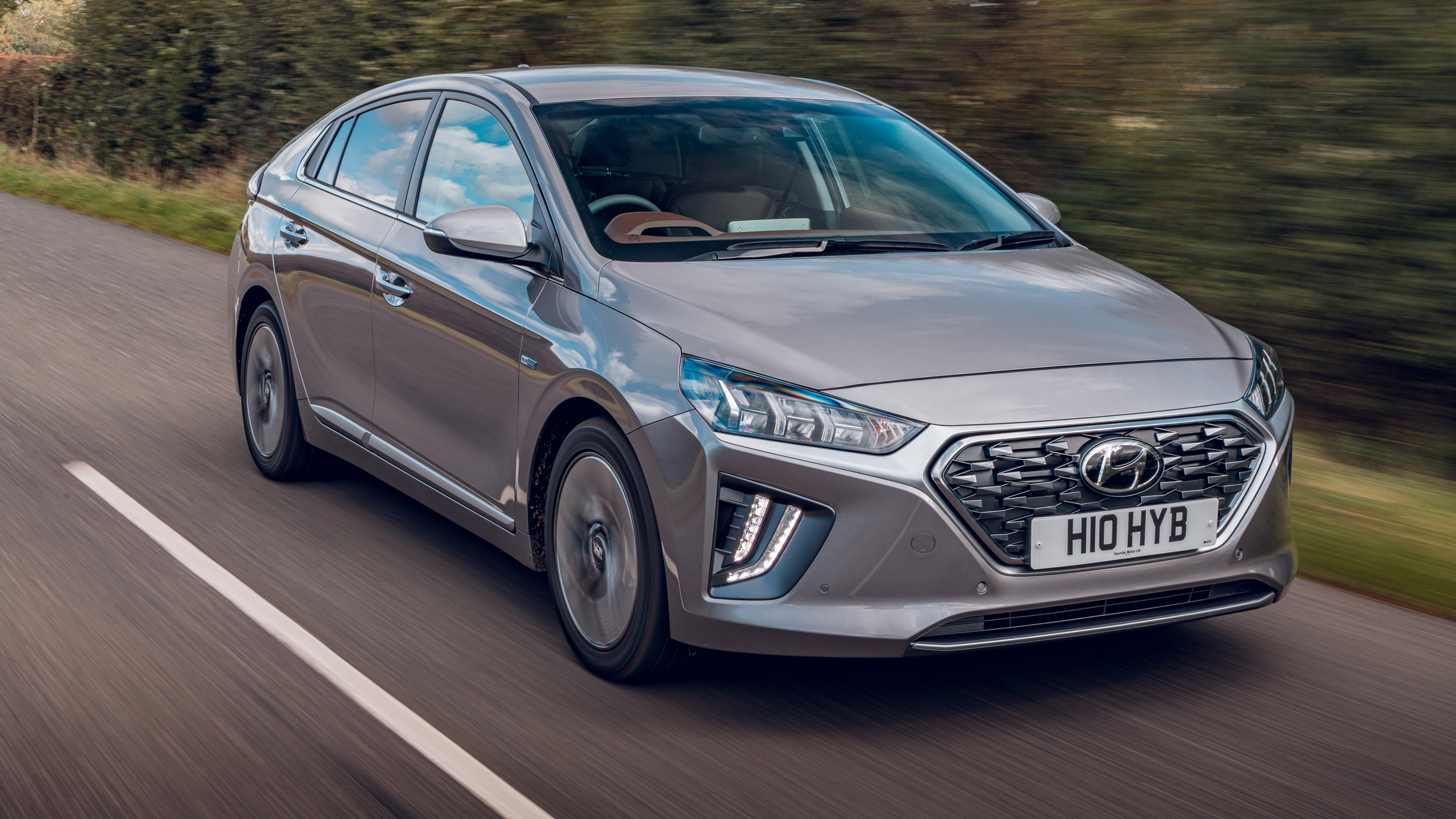
1. **Hyundai Elantra Hybrid** The 2025 Hyundai Elantra Hybrid stands out as a formidable contender in the compact car segment, earning high praise from Consumer Reports for its balanced performance and remarkable efficiency. Hyundai has strategically lowered the base price for the 2025 model year, making it an even more attractive proposition, starting at just $26,695, which includes a $1,245 destination charge. This aggressive pricing, coupled with its hybrid powertrain, positions the Elantra Hybrid as a smart investment for consumers seeking to maximize their budget without compromising on quality or fuel economy. Its accessibility makes it a cornerstone of affordable, high-efficiency driving.
From a performance and efficiency standpoint, the Elantra Hybrid truly shines. In Consumer Reports’ rigorous tests, it achieved an impressive overall score of 82 points out of 100, underscoring its well-rounded capabilities. More importantly for the budget-minded, it delivers exceptional fuel economy, rated at 40 mpg in the city, an impressive 55 mpg on the highway, and a combined rating of 48 mpg. Further supporting its efficiency claims, EPA estimates from FinanceBuzz place its fuel consumption between 50 to 54 mpg, solidifying its place among the elite in fuel-saving vehicles. The Blue trim, in particular, which is a PHEV version, is noted for achieving the highest mileage among its trim levels.
Consumer Reports unequivocally recommends the hybrid variant as “the best Elantra to buy,” a testament to its superior driving dynamics. This commendation is not merely for its fuel efficiency; the hybrid model offers a smoother ride and a noticeably quieter cabin compared to its standard gas-only counterparts. These refinements contribute significantly to a more comfortable and enjoyable driving experience, elevating the everyday commute. The inclusion of an independent rear suspension also plays a crucial role, allowing the Elantra Hybrid to handle with a bit more finesse and responsiveness, adding a touch of sporty engagement to its practical nature.
The Elantra Hybrid also presents compelling value when considering its various configurations. Even at its maximum price, which is approximately $29,800, it remains comfortably under the $30,000 threshold. This means that buyers can opt for higher trim levels with more desirable features while still adhering to a strict budget, a flexibility that is increasingly rare in today’s car market. This ability to offer premium features without pushing the price into a higher bracket makes the Elantra Hybrid a standout choice for those who desire both economy and enhancement.
In essence, the Hyundai Elantra Hybrid represents an intelligent fusion of affordability, advanced hybrid technology, and refined driving characteristics. Its impressive fuel economy, bolstered by a competitive starting price and Consumer Reports’ strong endorsement, makes it an undeniable frontrunner for anyone looking for a new car under $30,000 that doesn’t skimp on efficiency or driving pleasure. It is a clear example of how modern hybrid technology has become a practical and highly desirable option for the average American car buyer, offering substantial long-term savings and a comfortable ride.
Car Model Information: 2024 Cadillac Escalade V-Series
Name: Hyundai Elantra/Avante
Manufacturer: Hyundai Motor Company
Aka: Hyundai Avante,Hyundai Lantra (1990–2000),Hyundai i30 Sedan (2020–present)
Production: 1990–present
Class: Compact car
Layout: Front-engine, front-wheel-drive layout
Predecessor: Hyundai Stellar
Categories: 2000s cars, 2010s cars, 2020s cars, All articles with bare URLs for citations, All articles with dead external links
Summary: The Hyundai Elantra (Korean: 현대 엘란트라), also known as the Hyundai Avante (Korean: 현대 아반떼), is a compact car produced by the South Korean manufacturer Hyundai since 1990. The Elantra was initially marketed as the Lantra in Australia and some European markets. In Australia, this was due to the similarly named Mitsubishi Magna Elante model; in Europe because of the Lotus Elan. The home market name Avante used from the second generation is not used in most export markets due to its similarity with Audi’s “Avant” designation, used for their station wagon models. The name was standardized as “Elantra” worldwide in 2001 (except in South Korea, Singapore and Russia).
Get more information about: Hyundai Elantra
Buying a high-performing used car >>>
Brand: Hyundai Model: Elantra Hybrid
Price: $131,116 Mileage: 22,234 mi.
Read more about: Steering Wheel Sorrow: 8 Hybrid Vehicles That Didn’t Deliver on MPG Promises
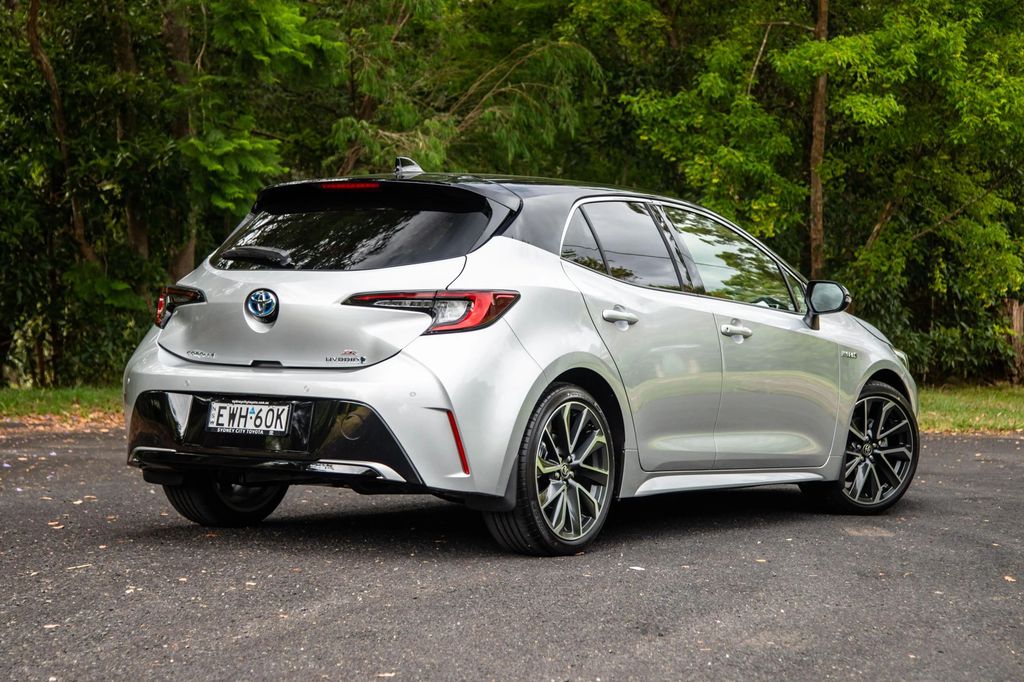
2. **Toyota Corolla Hybrid** The Toyota Corolla has long been celebrated as a top-selling model for the automaker, a reputation earned through decades of delivering reliability, practicality, and enduring value. This steadfast popularity is well-founded, as the Corolla consistently strikes the perfect balance between size, interior space, and a remarkably fair price. While its gasoline-powered versions are known for their efficiency, the advent of the Corolla Hybrid has pushed the boundaries further, now capable of achieving an impressive up to 50 mpg. This evolution makes an already smart choice even smarter for today’s discerning consumer.
Adding to its already significant appeal, the Corolla Hybrid boasts an enticing starting point of just $24,595. This makes it not only one of the most affordable new cars on our list but also, as FinanceBuzz notes, “one of the cheapest hybrids you can get” on the market today. Such a competitive price point, combined with its high fuel efficiency, underscores Toyota’s commitment to making advanced hybrid technology accessible to a wider audience. It directly addresses the historical challenge of hybrids being perceived as prohibitively expensive, opening up a world of savings to more drivers.
Beyond its initial cost and fuel economy, the Corolla Hybrid embodies a practical design philosophy centered around the consumer. It is described as having “just the right size, with just the right amount of space, for a very fair price,” which is a crucial consideration for daily usability. Consumer Reports also includes the 2025 Toyota Corolla Hybrid on its list of cars important for “long-term reliability, low maintenance costs, and high resale value.” These attributes are key for buyers looking beyond the initial purchase, ensuring a vehicle that is not only economical to buy and run but also holds its value over time, providing a solid return on investment.
The broader market context highlights the increasing attainability of hybrid technology, and the Corolla Hybrid stands as a prime example of this trend. Years of refinement in hybrid systems, coupled with ongoing advancements, have successfully brought down production costs and, consequently, consumer prices. This shift means that the benefits of extended range, reduced emissions, and lower fuel bills are now within reach for many average American car buyers, rather than being exclusive to a niche market. The Corolla Hybrid’s position is a testament to this democratization of efficient automotive engineering.
Ultimately, the Toyota Corolla Hybrid offers a compelling package for a wide range of buyers. It fuses Toyota’s legendary dependability with cutting-edge hybrid efficiency, all wrapped in an incredibly affordable and practical form factor. For individuals and families alike, it represents a wise choice that promises not only immediate savings at the dealership but also substantial financial benefits over the vehicle’s lifespan through reduced fuel and maintenance costs. It is a robust, reliable, and remarkably efficient option for navigating the challenges of modern driving on a budget.
Car Model Information: 2024 Cadillac Escalade V-Series
Name: Toyota Corolla
Caption: Twelfth generation model (2020, hatchback)
Manufacturer: Toyota
Aka: unbulleted list
Production: November 1966 – present
Class: unbulleted list
Predecessor: Toyota Publica
Categories: 1970s cars, 1980s cars, 1990s cars, 2000s cars, 2010s cars
Summary: The Toyota Corolla (Japanese: トヨタ・カローラ, Hepburn: Toyota Karōra) is a series of compact cars (formerly subcompact) manufactured and marketed globally by the Japanese automaker Toyota Motor Corporation. Introduced in 1966, the Corolla was the best-selling car worldwide by 1974 and was one of the best-selling cars in the world until 1997, when it surpassed the Volkswagen Beetle as the world’s best-selling automobile of all time. Toyota reached the milestone of 50 million Corollas sold over twelve generations in 2021.
The name Corolla is part of Toyota’s naming tradition of using names derived from the Toyota Crown for sedans, with “corolla” Latin for “small crown”. The Corolla has always been exclusive in Japan to Toyota Corolla Store locations, and manufactured in Japan with a twin, called the Toyota Sprinter until 2000. From 2006 to 2018 in Japan and much of the world, and from 2018 to 2020 in Taiwan, the hatchback companion had been called the Toyota Auris.
Early models were mostly rear-wheel drive, while later models have been front-wheel drive. Four-wheel drive versions have also been produced, and it has undergone several major redesigns. The Corolla’s traditional competitors have been the Nissan Sunny, introduced the same year as the Corolla in Japan and the later Nissan Sentra, Subaru Leone, Honda Civic and Mitsubishi Lancer. The Corolla’s chassis designation code is “E”, as described in Toyota’s chassis and engine codes.
Get more information about: Toyota Corolla
Buying a high-performing used car >>>
Brand: Toyota Model: Corolla Hybrid
Price: $131,116 Mileage: 22,234 mi.
Read more about: Steering Wheel Sorrow: 8 Hybrid Vehicles That Didn’t Deliver on MPG Promises
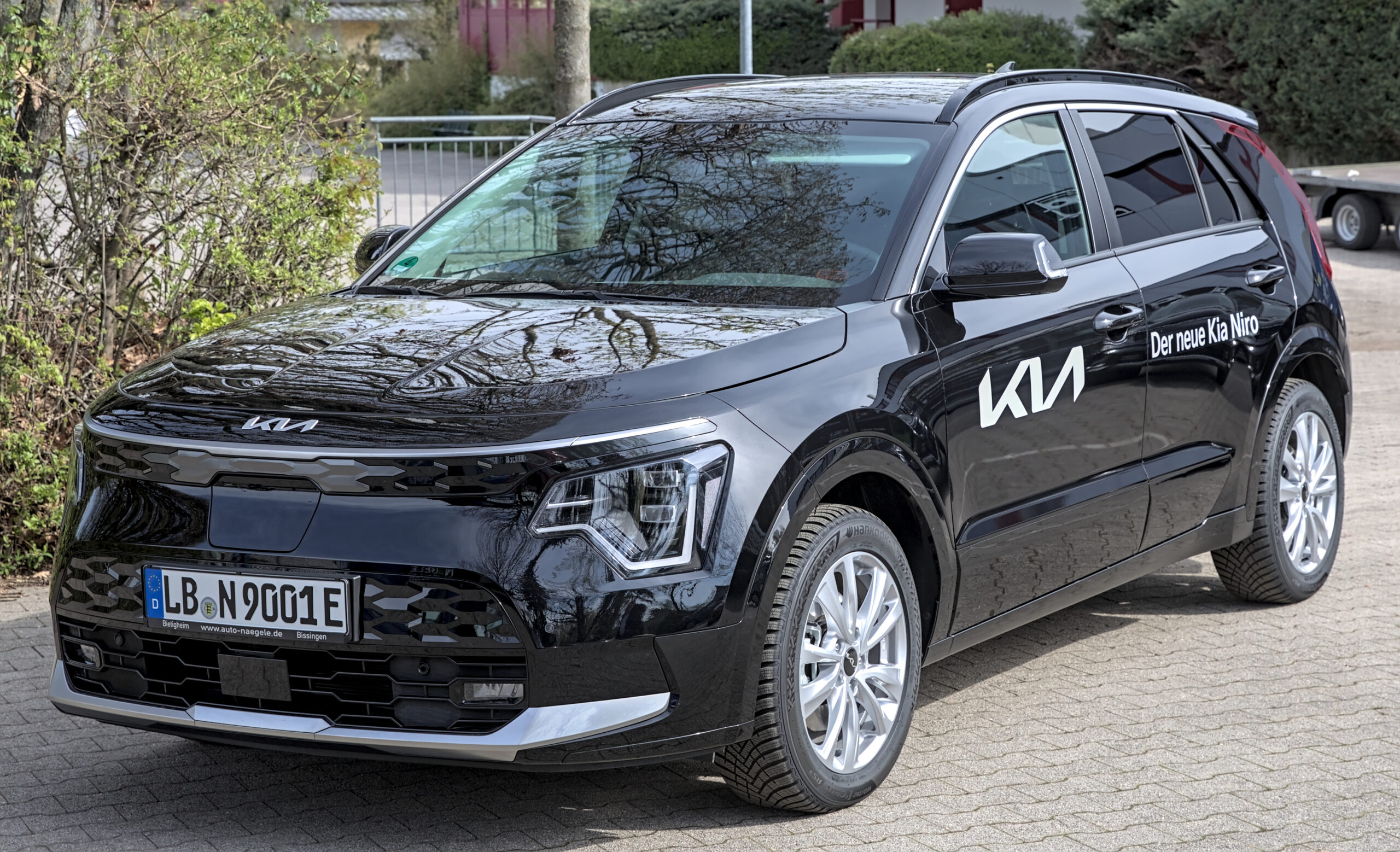
3. **Kia Niro** For those who appreciate a touch of distinctiveness in their daily driver without sacrificing efficiency or practicality, the Kia Niro emerges as an incredibly compelling hybrid option. Starting at a competitive $28,315, it represents the most affordable hybrid in Kia’s lineup, making it a stellar choice for budget-conscious consumers. Reviewers have often noted its “charming, peppy, and surprisingly roomy” character, distinguishing it from other compact vehicles. This blend of personality and utility makes the Niro a unique and attractive proposition in the sub-$30,000 hybrid market.
One of the Niro’s most significant draws is its impressive fuel efficiency, a critical factor for any buyer prioritizing economy. Depending on the specific trim level, the Kia Niro is rated to achieve between 49-53 mpg. This range firmly places certain configurations of the Niro within the coveted 50+ MPG bracket, making it an excellent choice for minimizing trips to the gas station and reducing long-term running costs. The flexibility in its mileage across trims allows buyers to select a model that perfectly aligns with their specific efficiency goals and budget.
Beyond its fuel-sipping capabilities, the Niro’s design and practical features cater well to modern drivers. Consumer Reports suggests that if you “want something a bit funkier,” the 2025 Kia Soul and Kia Niro both “make the cut,” highlighting its distinctive aesthetic. Despite its compact footprint, the Niro boasts surprising roominess for both passengers and cargo, a feature that enhances its versatility for urban commutes and weekend getaways alike. This combination of idiosyncratic style and genuine utility ensures that the Niro is more than just an efficient vehicle; it’s a practical and enjoyable daily companion.
While the Niro offers a Plug-in Hybrid Electric Vehicle (PHEV) variant, some reviewers have noted that the PHEV version can feel “incredibly sluggish.” However, it’s important to contextualize this observation within the Niro’s overall design philosophy. As the context points out, “No one buys a Niro for speed.” Instead, its primary purpose is to deliver exceptional fuel economy and practicality. For buyers focused on maximizing miles per gallon and enjoying a comfortable, efficient ride, the Niro’s performance characteristics are perfectly aligned with its value proposition, making it a smart choice for its intended audience.
The Kia Niro carves out a distinct niche in the affordable hybrid segment by offering a blend of charming design, practical spaciousness, and outstanding fuel efficiency. Its sub-$30,000 starting price, coupled with its ability to achieve 50+ MPG in certain trims, positions it as an intelligent choice for drivers seeking a cost-effective vehicle that doesn’t compromise on character or utility. The Niro is a testament to how modern hybrids can deliver both environmental consciousness and genuine driver satisfaction within a highly accessible price range.
Car Model Information: 2024 Kia Niro EV Wind
Name: Kia Niro
Caption: Kia Niro PHEV (SG2)
Manufacturer: Kia
Production: 2016–present
ModelYears: 2017–present
Class: Subcompact crossover SUV
BodyStyle: SUV
Layout: unbulleted list
Sp: us
Categories: 2010s cars, All articles covered by WikiProject Wikify, All articles with dead external links, All pages needing cleanup, Articles containing Korean-language text
Summary: The Kia Niro (Korean: 기아 니로) is a subcompact crossover SUV (B-segment) manufactured by Kia since 2016. It is an electrification-focused vehicle, offering three versions: hybrid, plug-in hybrid and battery electric variants.
Get more information about: Kia Niro
Buying a high-performing used car >>>
Brand: Kia Model: Niro
Price: $24,599 Mileage: 15,742 mi.
Read more about: Why Are EV Owners Ditching Their Electric Dreams? 15 Reasons Why Some Are Switching Back to Gas Cars
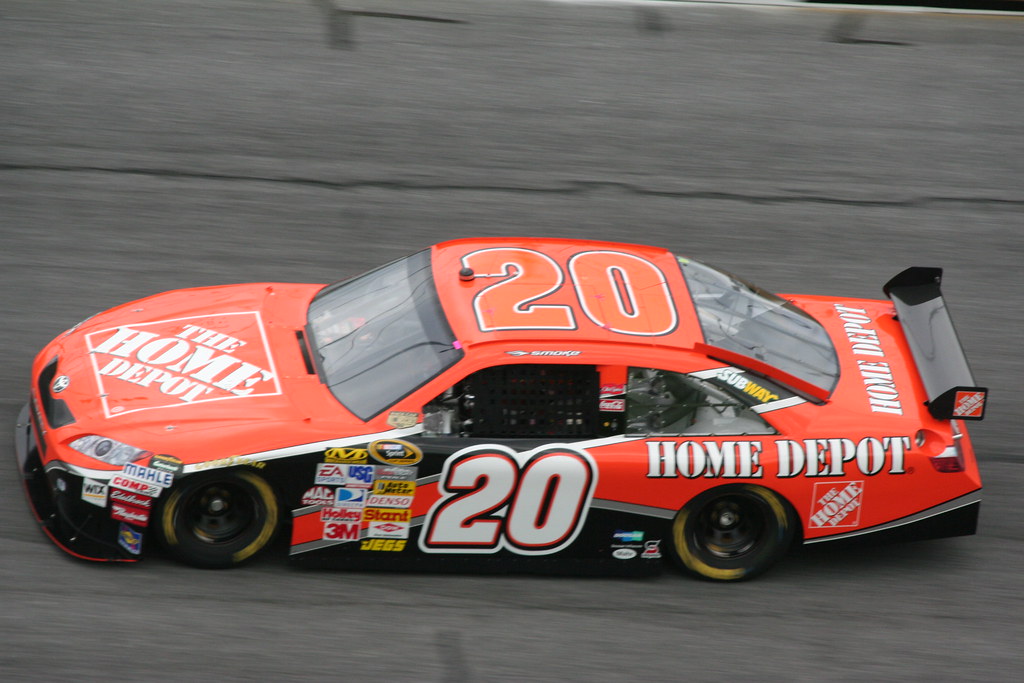
4. **Toyota Camry** The Toyota Camry has long held an esteemed position in the midsize sedan market, and its latest iteration solidifies its status as a remarkable value, especially for those seeking exceptional efficiency without crossing the $30,000 threshold. It is genuinely impressive that the ninth-generation Toyota Camry is available for under this key price point in today’s dynamic automotive landscape, offering a blend of features and refinements typically found in higher-priced vehicles. This accessibility democratizes premium hybrid technology for a wider array of buyers.
What truly sets the current Camry apart is its commitment to hybrid power, as it now comes exclusively as a hybrid model. This strategic move by Toyota ensures that every Camry buyer benefits from outstanding fuel economy, a critical factor for long-term savings and a reduced environmental footprint. Specifically, this midsize sedan delivers an impressive 40 mpg in city driving, an exceptional 54 mpg on the highway, and a strong combined rating of 48 mpg. These figures firmly place it among the leaders in its segment for fuel efficiency, making it an incredibly wise choice for both daily commutes and longer road trips.
Beyond its fuel-sipping capabilities, the Camry distinguishes itself with remarkable interior space and passenger comfort. It offers significantly more room for passengers compared to Toyota’s smaller hybrid offerings on this list, a crucial advantage for families or individuals who frequently travel with multiple occupants. This generous spaciousness extends throughout the cabin, ensuring ample legroom and headroom, making long journeys far more pleasant. The cargo area is also thoughtfully designed, providing ample capacity for luggage or groceries, further enhancing its versatility and practical appeal.
The Camry’s sterling reputation is unequivocally well-warranted, built on decades of delivering efficiency, unwavering reliability, robust safety features, and strong resale values. These fundamental attributes collectively underscore its appeal as a sensible and enduring investment in personal transportation. For decades, the Camry has consistently ranked high in consumer satisfaction surveys and expert reviews, a testament to its consistent quality and dependability. Its proven ability to retain value also means that owners can expect a favorable return on their initial investment.
With a starting MSRP of $29,950, the Toyota Camry offers a truly comprehensive package that is exceptionally difficult to beat within the sub-$30,000 segment. It masterfully combines legendary dependability, class-leading fuel efficiency, generous passenger and cargo space, and advanced safety features into an attractive and affordable package. For buyers prioritizing comfort, economy, and complete peace of mind in a midsize sedan, the Camry remains an undisputed frontrunner, embodying the very best of what an affordable new car can offer in today’s market. Indeed, for those seeking maximum value, if it were our money, we’d still go for the Camry.
Car Model Information: 2017 Toyota Camry SE
Name: Toyota Camry
Caption: 2018 Toyota Camry Ascent (ASV70, Australia)
Manufacturer: Toyota
Production: March 1982 – present
Aka: ubl
Class: ubl
Layout: ubl
Predecessor: ubl
Successor: Toyota Avensis (T250)
Categories: 1990s cars, 2000s cars, 2010s cars, 2020s cars, All-wheel-drive vehicles
Summary: The Toyota Camry (; Japanese: トヨタ・カムリ Toyota Kamuri) is an automobile sold internationally by the Japanese auto manufacturer Toyota since 1982, spanning multiple generations. Originally compact in size (narrow-body), the Camry has grown since the 1990s to fit the mid-size classification (wide-body)—although the two widths co-existed in that decade. Since the release of the wide-bodied versions, Camry has been extolled by Toyota as the firm’s second “world car” after the Corolla. As of 2022, the Camry is positioned above the Corolla and below the Avalon or Crown in several markets.
In Japan, the Camry was once exclusive to Toyota Corolla Store retail dealerships. Narrow-body cars also spawned a rebadged sibling in Japan, the Toyota Vista (トヨタ・ビスタ)—also introduced in 1982 and sold at Toyota Vista Store locations. Diesel fuel versions have previously retailed at Toyota Diesel Store. The Vista Ardeo was a wagon version of the Vista V50.
Get more information about: Toyota Camry
Buying a high-performing used car >>>
Brand: Toyota Model: Camry
Price: $17,491 Mileage: 69,818 mi.
Read more about: Toyota’s Hypothetical ‘Water Engine’: Unpacking Hydrogen’s Disruptive Potential and the Future of Mobility Beyond EVs
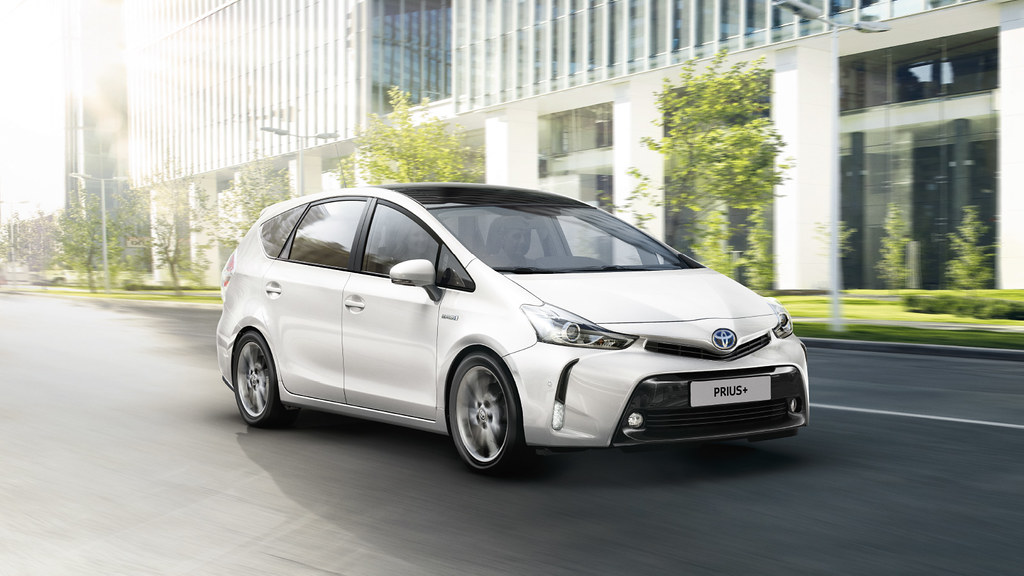
5. **Toyota Prius** The Toyota Prius holds a truly special place in automotive history, often recognized globally as the “pioneer hybrid” that boldly introduced gasoline-electric propulsion to the mass market. Its profound legacy of innovation and environmental stewardship continues to make it a compelling and highly relevant option for savvy consumers who are keenly looking for an affordable, high-MPG vehicle in today’s environmentally conscious and cost-aware market. The very name Prius has become virtually synonymous with outstanding fuel efficiency, and its current iteration upholds this cherished reputation with modern flair, advanced technology, and enhanced practicality.
What’s particularly appealing and quite significant for budget-focused buyers is that this iconic hybrid remains highly accessible, boasting a base price of just $29,045. This positions the Prius not only as an enduring emblem of hybrid technology but also as a surprisingly affordable entry point into the world of high-efficiency driving. The vehicle’s enduring popularity and Toyota’s continuous refinement have allowed the manufacturer to offer it at a price point that makes long-term fuel savings a tangible reality for many budget-conscious buyers, directly addressing the past perception of hybrids being prohibitively expensive.
Interestingly, the 2025 Toyota Prius also makes an appearance on Consumer Reports’ esteemed list of cars that offer a surprisingly “fun behind the wheel” experience. This is a genuinely significant development, highlighting a considerable evolution from earlier Prius models, which were often characterized primarily by their fuel economy rather than their dynamic driving capabilities. The latest generation’s sleek design, refined chassis, and improved powertrain mean the Prius now delivers a far more engaging and enjoyable ride, happily dispelling any lingering notions that high fuel economy must inevitably come at the expense of driving pleasure.
The Prius continues to stand as a remarkably smart choice for consumers who value both cutting-edge, environmentally responsible technology and robust long-term financial savings, all wrapped in a reliable and exceptionally well-engineered package. Its unwavering commitment to fuel efficiency translates directly into minimized trips to the gas station, resulting in substantial financial savings over the vehicle’s entire lifespan, a benefit that significantly impacts the overall cost of ownership. Furthermore, as a proud Toyota product, it inherently benefits from the brand’s unparalleled reputation for exceptional long-term reliability and consistently strong resale values.
For those actively seeking to make a truly environmentally conscious automotive choice without compromising on affordability, modern driving dynamics, or inherent reliability, the Toyota Prius unequivocally stands out as a top contender. It embodies a perfect blend of historical significance, contemporary design appeal, advanced technological features, and tangible practical savings, solidifying its position as a leading contender in the sub-$30,000 hybrid segment. The Prius is a living testament to how sustainable mobility has not only become increasingly mainstream but also remarkably accessible.
Car Model Information: 2023 Toyota Prius Prime XSE Premium
Name: Toyota Prius
Caption: Fifth generation Prius (XW60)
Manufacturer: Toyota
Production: December 1997 – present
ModelYears: 2001–present (US)
Class: ubl
BodyStyle: unbulleted list
Layout: unbulleted list
Sp: uk
Categories: 2000s cars, 2010s cars, 2020s cars, All-wheel-drive vehicles, All Wikipedia articles in need of updating
Summary: The Toyota Prius ( PREE-əss) (Japanese: トヨタ・プリウス, Hepburn: Toyota Puriusu) is a compact/small family liftback (supermini/subcompact sedan until 2003) produced by Toyota. The Prius has a hybrid drivetrain, which combines an internal combustion engine and an electric motor. Initially offered as a four-door sedan, it has been produced only as a five-door liftback since 2003.
The Prius was developed by Toyota to be the “car for the 21st century”; it was the first mass-produced hybrid vehicle, first going on sale in Japan in 1997 at all four Toyota Japan dealership chains, and subsequently introduced worldwide in 2000.
In 2011, Toyota expanded the Prius family to include the Prius v, an MPV, and the Prius c, a subcompact hatchback. The production version of the Prius plug-in hybrid was released in 2012. The second generation of the plug-in variant, the Prius Prime, was released in the U.S. in November 2016. The Prius family totaled global cumulative sales of 6.1 million units in January 2017, representing 61% of the 10 million hybrids sold worldwide by Toyota since 1997. Toyota sells the Prius in over 90 markets, with Japan and the United States being its largest markets.
Get more information about: Toyota Prius
Buying a high-performing used car >>>
Brand: Toyota Model: Prius
Price: $34,014 Mileage: 14,857 mi.
Read more about: Steering Wheel Sorrow: 8 Hybrid Vehicles That Didn’t Deliver on MPG Promises
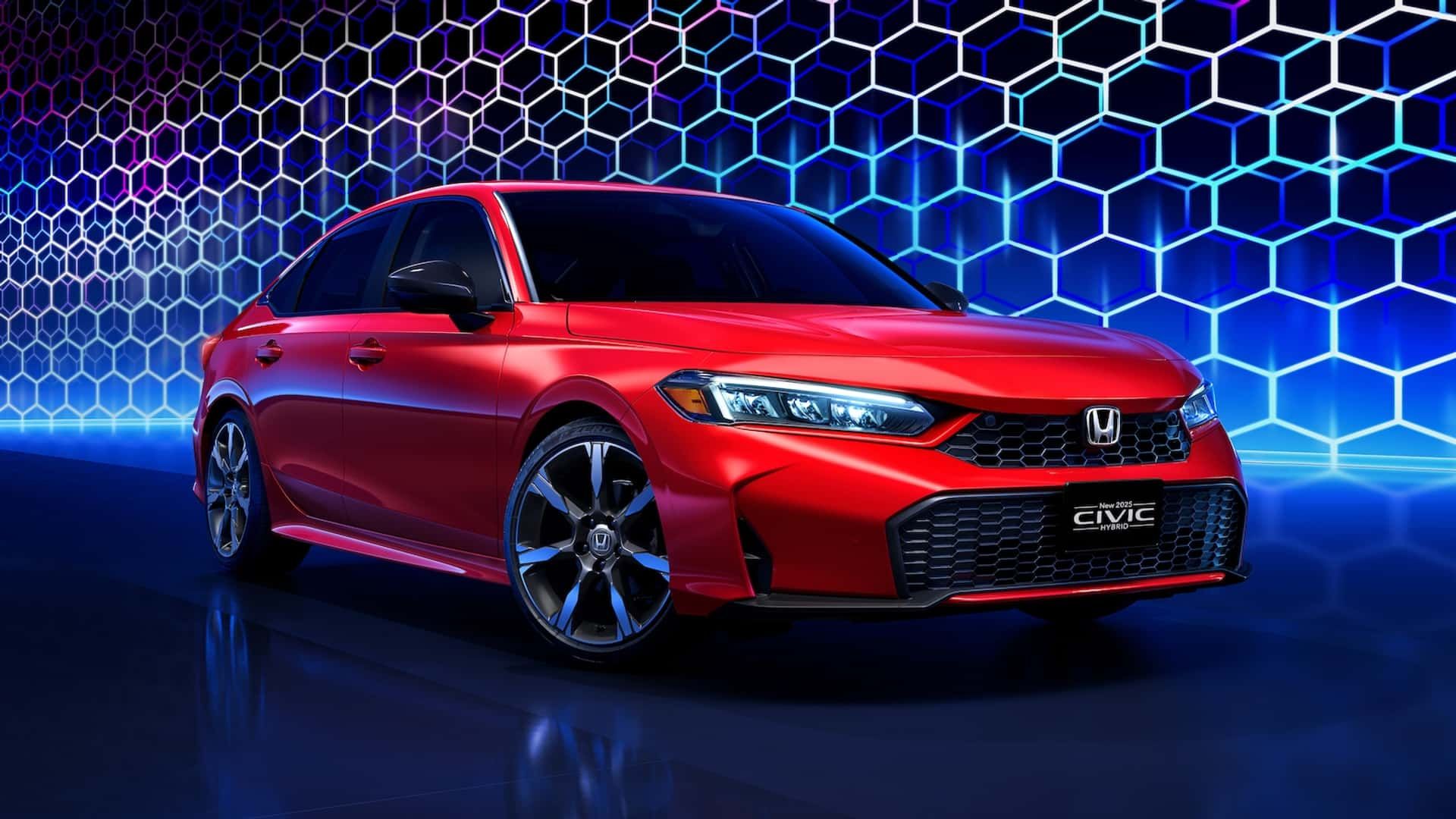
6. **Honda Civic Hybrid** The Honda Civic has long been a revered benchmark for compact cars globally, consistently earning accolades for its exceptional reliability, refined driving experience, and outstanding overall value proposition. The recent introduction of the 2025 Honda Civic Hybrid into the highly competitive under-$30,000 segment further elevates this cherished legacy, presenting an extremely compelling option for discerning buyers who prioritize both advanced hybrid efficiency and an engaging, enjoyable driving experience. It masterfully combines Honda’s renowned engineering prowess with cutting-edge fuel-saving technology, firmly establishing it as a standout choice.
One of the most exciting and noteworthy aspects of the 2025 Honda Civic Hybrid, as prominently highlighted by the experts at Consumer Reports, is its surprisingly “fun behind the wheel” driving experience. This is a significant and appealing draw for those who demand more than just economical transportation; they seek a car that offers a responsive feel, agile handling, and genuinely enjoyable dynamics during their daily commutes and weekend adventures. Unlike some hybrid vehicles that tend to prioritize efficiency at the expense of driver engagement, the Civic Hybrid promises a beautifully balanced approach, making every journey more satisfying and memorable.
While specific EPA-estimated MPG figures for the 2025 Civic Hybrid are not explicitly detailed in the immediate context, its prominent inclusion in a curated list of high-efficiency vehicles under $30,000 strongly implies that it will deliver competitive fuel economy, likely placing it comfortably within or exceeding the 50+ MPG range to align perfectly with the core theme of this article. Honda’s well-established expertise in developing incredibly efficient and remarkably reliable powertrains provides a solid assurance that this hybrid variant will more than live up to expectations, offering significant and tangible long-term savings at the fuel pump.
Furthermore, the Honda Civic nameplate itself is virtually synonymous with long-term reliability, commendably low maintenance costs, and consistently strong resale value, all of which are absolutely crucial attributes for any budget-conscious buyer making a significant automotive investment. While the context specifically mentions the gasoline-powered Civic in relation to these enduring qualities, the hybrid variant undoubtedly benefits from Honda’s overarching and unwavering commitment to exceptional durability and superior build quality across its entire product line. This provides invaluable peace of mind, allowing buyers to know that their initial investment will continue to pay substantial dividends.
Considering its exceptional blend of a genuinely “fun” and engaging driving experience, Honda’s legendary reputation for reliability and quality, and the inherent, advanced efficiency of its modern hybrid powertrain, the 2025 Honda Civic Hybrid unequivocally presents an irresistible proposition for those actively seeking a new car under-$30,000. It stands as a compelling testament to Honda’s remarkable ability to innovate and evolve within an established and universally beloved model line, offering a fresh, dynamic take on efficiency without sacrificing the spirited, engaging character that has so eloquently defined the Civic for many decades. Indeed, for a well-rounded and smart choice, if it were our money, the Civic Hybrid would certainly be a top contender on our list.
Car Model Information: 2024 Cadillac Escalade V-Series
Caption: 2024 Honda Civic liftback
Manufacturer: Honda
Aka: ubl
Production: 1972–present
Class: Subcompact car
BodyStyle: fastback,Sedan (automobile)
Layout: Front-engine, front-wheel-drive layout,Front-engine, four-wheel-drive layout
Predecessor: Honda N600,Honda Z600
Categories: 1980s cars, 1990s cars, 2000s cars, 2010s cars, 2020s cars
Summary: The Honda Civic (Japanese: ホンダ・シビック, Hepburn: Honda Shibikku) is a series of automobiles manufactured by Honda since 1972. As of 2023, the Civic is positioned between the Honda Fit/City and Honda Accord in Honda’s global passenger car line-up. It is one of the best-selling automobiles in history, with over 27 million units sold through 2021.
The first-generation Civic was introduced in July 1972 as a two-door fastback sedan, followed by a three-door hatchback that September. With a 1,169 cc transverse engine and front-wheel drive, the car provided good interior space despite its small overall dimensions. Initially gaining a reputation for being fuel-efficient, reliable and environmentally friendly, later iterations have become known for performance and sportiness, especially the Civic Si, SiR, and Type R versions. It is currently in its eleventh generation, which has been produced since 2021.
The Civic has often been rebadged for international markets, and it served as the basis for the Honda CR-X, the Honda CR-X del Sol, the Concerto, the first generation Prelude, the Civic Shuttle (which later became the Orthia) and the CR-V (which in turn was used as the basis for the Honda FR-V).
Get more information about: Honda Civic
Buying a high-performing used car >>>
Brand: Honda Model: Civic Hybrid
Price: $131,116 Mileage: 22,234 mi.
Read more about: Steering Wheel Sorrow: 8 Hybrid Vehicles That Didn’t Deliver on MPG Promises
As we’ve journeyed through these six exceptional hybrid vehicles, it becomes abundantly clear that the landscape of affordable, high-efficiency cars has profoundly transformed, presenting an exhilarating new reality for consumers. What was once a niche market dominated by higher price tags and limited options is now a vibrant arena where top-tier automakers offer sophisticated, reliable, and incredibly fuel-efficient options well within reach of the average American car buyer, all proudly starting under the $30,000 mark. From the practical appeal of the Hyundai Elantra Hybrid and Toyota Corolla Hybrid, to the distinctive charm of the Kia Niro, and the established excellence of the Toyota Camry, the pioneering spirit of the Toyota Prius, and the engaging drive of the Honda Civic Hybrid, consumers today have an unprecedented array of choices that promise both immediate savings and substantial long-term financial benefits. These vehicles not only ease the burden on your wallet but also uphold high standards of driving enjoyment, proven reliability, and unwavering practicality. Making an informed decision in this rapidly evolving market means recognizing that efficiency, affordability, and quality no longer need to be mutually exclusive; they are, in fact, converging beautifully. The future of smart, sustainable, and enjoyable driving is definitively here, and it’s more accessible and exciting than ever before.


